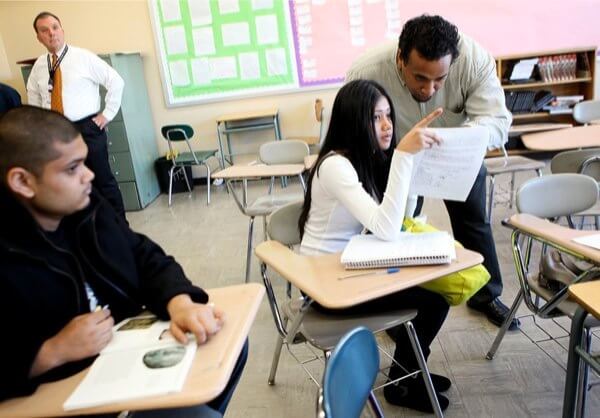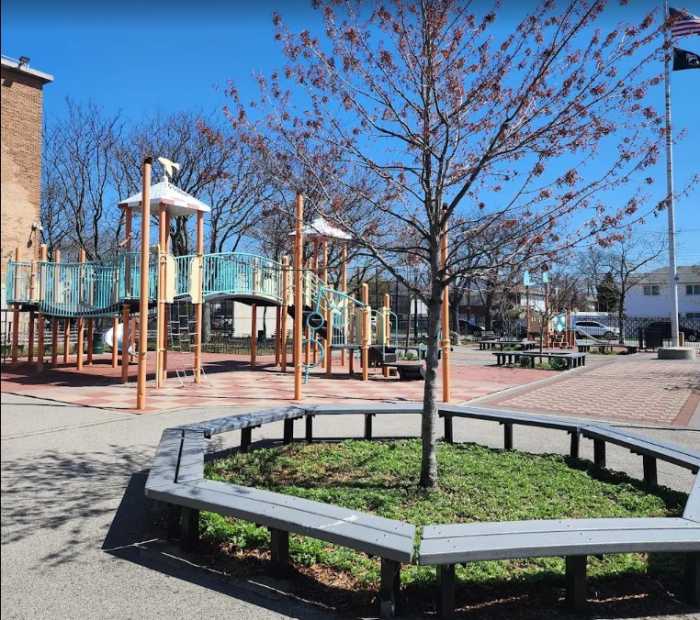By Patrick Donachie
Salary increases stipulated in a2014 contract settlement with the United Federation of Teachers, along with increased costs to non-Department of Education schools like charter schools, account for a $1.1 billion increase for education in the mayoral preliminary budget for the upcoming fiscal year, according to an analysis by the city’s Independent Budget Office.
The IBO projects increased costs in the coming years, according to the report on Mayor Bill de Blasio’s projected DOE expenditures for fiscal year 2018.
“We expect spending on both charter schools and DOE operations to grow in the coming years, as charter enrollment and tuition grows and the DOE continues to pay out its retroactive salary increases to staff,” the report said.
During Mayor Michael Bloomberg’s tenure, a UFT contract expired in 2009, which left salary schedules for teachers effectively frozen, though some individual teacher salaries did increase. Thus, salaries and benefits for DOE teachers grew at about 1.3 percent per year from 2008 to 2013.
After de Blasio took office, the city negotiated a contract settlement with the UFT in 2014, requiring annual salary increases through October 2018 and retroactive increases scheduled for 2016 through 2021, with most of the costs scheduled for the last three years, according to the IBO. The costs of salaries and benefits for DOE teachers and employees is scheduled to increase 5.7 percent, or by $823 million in the 2018 budget.
Since teacher salary increases were gradual under Bloomberg’s tenure, most of the budget increases during the years between the end of the UFT contract and de Blasio’s election were because of increased spending on “pass-through” payments to non-DOE schools, like charters. The IBO found these payments grew on an average of 13 percent per year. The growth has continued under de Blasio’s tenure, though the average annual increase has slowed to about 7.4 percent per year.
The IBO’s report found that increases in charter school payments had been offset by lower spending on special education private school services in recent years. A representative for the IBO said there had been decreases in state-funded pre-K special education services, contracting with private institutions and public funding and court-ordered public funding on private special education schooling. The DOE did not respond to a request for comment on the decrease.
Charter school spending is expected to rise in the years to come. Currently, 10.5 of students enrolled in DOE-managed schools are enrolled in charter schools, according to the IBO.
In addition to increased salaries, the IBO found de Blasio’s increased DOE spending was also due to program expansions like the mayor’s universal pre-K program.
Reach reporter Patrick Donachie by e-mail at pdona





































